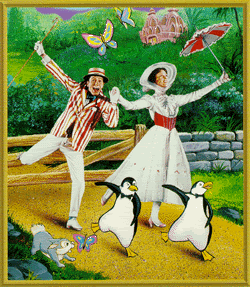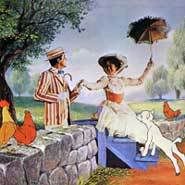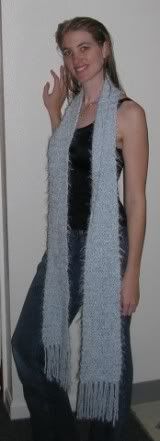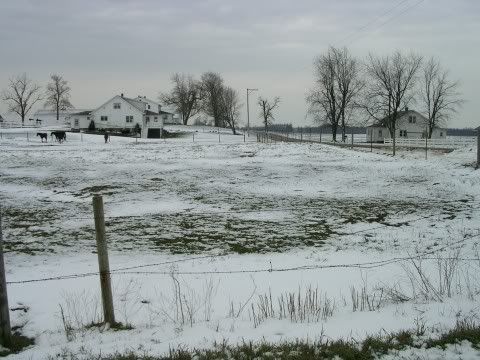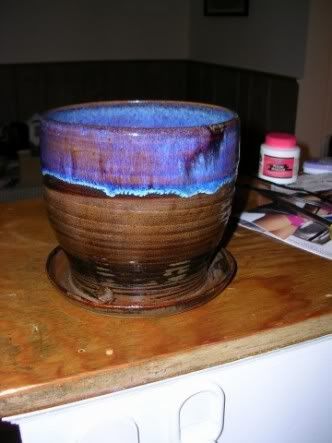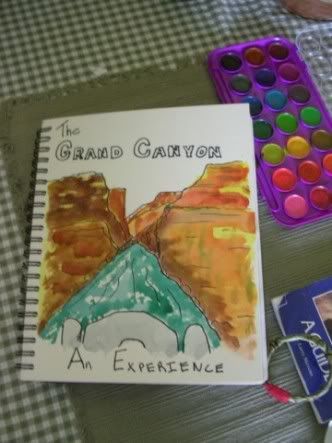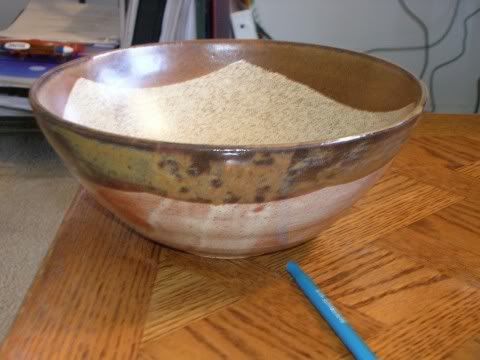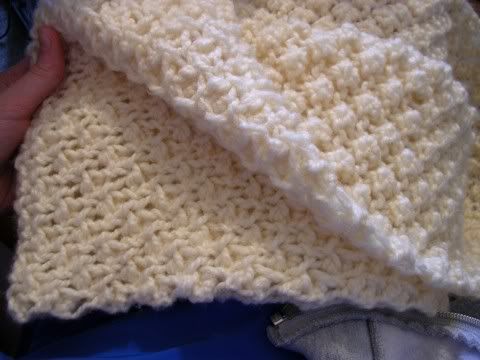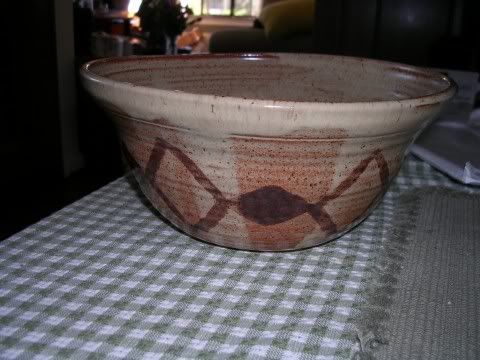"Time of death: 2:02."
I knew he'd been sick. I'd spent most of the previous night watching over him in the ED. I was up all night with him. He was 92, almost, demented at baseline. He hated the face mask then the BiPap we had to put on him to keep him from desating to the low 80s. "I want this off." He mumbled through the mask. Over and over. His son showed up at 2 or 3 am to see him, "You have to keep it on, Dad. It's keeping you alive." He was patient with him, but almost coldly practical, too. We had the "code" discussion. He'd wanted to be Do not Intubate, but we could do compressions and pressors (medicines to keep his blood pressure up). It's kind of a hand-tying combination, since you need to breath to do anything else.
Despite our work in the ED, his pressure kept droping. My resident said we needed an a-line (a pressure transducer that goes in your radial artery to measure your blood pressure minute to minute). I'd never done one and was nervous, but he talked me through it a couple times and said I would be fine.
By this time, my patient was in soft restraints to stop him from pulling his oxygen off. He was starting to drift off a bit...to sleep at last. His son had said that this was perhaps the latest he'd ever stayed up in his life.
We taped his hand down to make it stay in the right position. I insisted on the anesthetic, even though I knew it would bubble up and make the artery harder to feel. It hurts to go in an artery, and I didn't want to add to his irritation anymore.
He was actually remarkably calm when I put the line in. I got it in fairly quickly and sewed it down carefully so it wouldn't move or pull out. My resident told me to loop the string around the groove just above where the catheter went in, so from that point on, and eve now, I've had the song, "Play that funky music white boy!" in my head (from the "movin' and grovin'" line). My three am brain is even more random and emotional than my daylight brain.
My patient was still breathing poorly, though. We were called because they thought it was his heart, but it was looking more and more like his lungs.
Just hours before he'd been living in his own apartment in assisted living, going for walks. Getting himself to the bathroom. He had no past medical history. Never smoked. No heart disease. Was on no medications. He had the medical history of at two year old. He was a marvel. We told his son this and he just shook his head.
He continued to get sicker and sicker. He wasn't breathing well and the line that I'd put in kept reading lower and lower blood pressures.
In rounds later that morning with our attending, we ran into the son who was drinking a big cup of Starbucks coffee. I was exhausted, having been up all night with his dad and my other patients and the ones I was cross-covering in the ICU and not finished everything I needed to, or even anywhere close.
I stood behind the son leaning against the wall as the attending explained the severity of the case to the son. And readdressed the code situation. "This might be his last stand." "I know," said the son, a tall man which white spiky hair who looked just like his father. He sipped his coffee. He was taking it well. He knew his dad was old. I was standing there quietly with tears welling in my eyes and the occasional one running down my cheek.
It is hard to be the one to meet someone at the end of his life. You want to think that he'd lived a good full life. And I think my patient had. It always comes time to end. But the end is still sad. It is not to be taken easily. At least not by me, I guess. I'd held his hand a lot the night before. It seemed to calm him. He still wanted his breathing mask off; it was really all he said. The only time I saw him with it off was when I first went down to talk to him. He knew his name. I asked him where he lived, "I really couldn't say." He didn't remember much else. He said someone in town came to visit him, but he couldn't recall who. I spent a long time tracking down his family and figuring out where he'd come from.
We transferred him to the Medical ICU the next day, since his problem was breathing, not heart pumping. I was working in the ICU and saw a couple other people who could be no one else but his other sons, they all looked alike. They'd come to see their father one last time. They'd come to see him die.
At 2:02.
The ICU resident walked up to the desk where I was sitting and said to his attending, "I put time of death at 2:02. Is that about right?" She nodded.
I knew it was him. But I asked anyway. It was. I was shaken. I tired to keep working on my mountain of phone calls and notes and paperwork, but I couldn't concentrate. He was gone. They said he'd been on three pressors, but his blood pressure never got high enough to survive. The line I put in told them so.
I walked by a few minutes later. The room was empty and the curtain was drawn. His body was there, still with all the instruments on his head and chest, his mouth was gaping open. He was pale. And still. The nurse came in while I was leaving. I asked her what had happened. He went quietly. His sons made it there before he got too far gone to talk to them. I was glad for that.
He was so still.
They talked about doing an autopsy, but what was the point? I asked them. They thought it was a pulmonary embolus. "Academic," they said. "Bragging rights to show that I was right about what had happened. Education." The family wanted to take him home and bury him next to his wife. I told them to let him go. "An autopsy is so theraputic, though," another one said.
I don't know. What is the point? He's gone. Will it help us save the next person? Maybe it would help us learn what to do next time. Maybe it is part of the way we have gotten this far in medicine. Grave robbing to study anatomy. I don't like it, though.
I actually wish he'd never come into the hospital. He'd wanted that mask off from the begining. It's not fun to get lines all over you body and be in restraints and not eat and not sleep in your own bed.
The nurse took all his lines out and threw them in the trash. A tall man came in with a long metal box with a sheet over it to take him down to the morgue.
How do you say goodbye? "How can I help you say goodbye? It's okay to hurt and it's okay to cry. Come let me hold you and I will try. How can I help you say goodbye?"
I thought of when my grandfather had lost his only son (my mom is his step child, but he raised her since she was six and has lived with us my whole life). His son died from melanoma. He was very sick at the end. Pop when down to see him. I was away at school, but mom told me that Pop had been so strong. So together. When they were leaving to say what would in all liklihood be the last goodbye, he said, "I'm proud of you, Son. A father could not be more proud of his son."
Maybe that's how you say goodbye. You make it okay for your son or your father to leave. The worst thing that dying people feel, they say, is guilt, for leaving the living. For leaving those who love them. For knowing that they are causing hurt.
We fight death and fight to keep it away, but sometimes, it's okay to let go. Sometimes it's even right, more often than we care to admit in my opinion.
It doesn't make it happy. I'm crying as I write this, in fact. It is okay to grieve. I'm don't care that I cried in rounds. And I didn't as I was doing it either. The fellow pulled me aside later that day and asked if he'd done something to offend me. He'd noticed my sniffles. "No, I was just sad about my patient." I guess at some point you have to become distant enough to not recognize that anymore. I'm not good at that distance part. I get too involved to be the best decision maker in those sickest of sick moments. I'm much more inclined to just sit there and hold his hand.
I pulled the son aside as he was thanking us for taking care of his father. I told him I was sorry for his loss. He said that he appreciated us. That we'd been kind, despite the fact that this must be "normal to us." It was not normal to them. It doesn't feel normal to me, either. I don't want it to.
